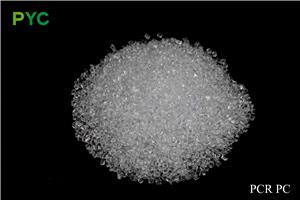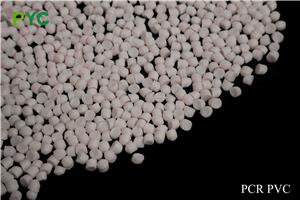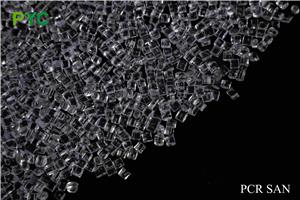Global Plastic Pollution Negotiations Held in Busan: Challenges and Hopes Coexist
Global Plastic Pollution Governance Negotiations Held in Busan: Challenges and Hopes Coexist
From November 25 to December 2, 2024, the fifth session of the United Nations Intergovernmental Negotiating Committee on Plastic Pollution (INC-5) was held in Busan, South Korea, drawing global attention once again to the progress of plastic pollution governance. Although the meeting ultimately failed to reach a legally binding global treaty, the process is still seen as a crucial step toward the systemic governance of plastic pollution worldwide.
Global Focus on Busan: Participation of 178 Countries
The conference gathered over 1,400 official representatives from 178 member states, along with more than 2,300 representatives from intergovernmental organizations, UN agencies, NGOs, academia, and the media. The goal was to establish a legally binding international treaty covering the entire plastic lifecycle to address the increasingly severe problem of global plastic pollution.
Plastic pollution has become the third-largest global environmental crisis, following climate change and biodiversity loss. Data shows that over 400 million tons of plastic are produced worldwide each year, with nearly one-third improperly managed, ultimately flowing into oceans, rivers, and soil, posing severe threats to ecosystems and human health.
Significant Divides on Key Issues
While all nations agree on the goal of reducing plastic pollution, significant differences remain regarding specific governance measures, leading to slow progress in negotiations.
Limits on Plastic Production
The high-ambition coalition, including the European Union, the African Union, Canada, Japan, and more than 100 other countries, advocates limiting plastic production at its source and setting global reduction targets. They argue that only by controlling plastic production can pollution be fundamentally curbed.
On the other hand, low-ambition countries such as Saudi Arabia, Russia, Iran, and India oppose production limits, believing that efforts should focus instead on improving waste management and recycling systems to avoid economic disruptions and negative impacts on the petrochemical industry.
Regulation of Hazardous Chemicals and Microplastics
There are significant disagreements between developing and developed countries over the regulation of hazardous chemicals in plastic products and microplastic pollution. Some developing countries worry that overly stringent environmental standards will increase production costs and negatively affect the recycled plastics industry.Funding and Technological Support Mechanisms
Another key point of contention is financial support. Developing nations are demanding financial and technical assistance from developed countries to address plastic pollution, arguing that historical emissions responsibilities should be considered to ensure fair and equitable global governance.
Conference Outcome: No Agreement Reached, but a Foundation for Cooperation Strengthened
After a week of intense negotiations, INC-5 failed to reach a consensus on the final text but resulted in the creation of the third draft of the Chair's text. Participants agreed to hold the next round of negotiations in 2025 to continue discussions on unresolved issues.
At the conclusion of the meeting, Inger Andersen, Executive Director of the United Nations Environment Programme (UNEP), stated:
"The global commitment to tackling plastic pollution is clear and undeniable. While no final agreement was reached at this meeting, representatives from all nations demonstrated a strong willingness to cooperate and resolve challenges. This is a significant step toward global governance."
Responses from Environmental Organizations and Industry
Environmental groups expressed disappointment over the failure to reach an agreement. Greenpeace emphasized that the global plastic pollution crisis is urgent and called for stronger policies and clear production reduction commitments from governments.
Meanwhile, several multinational corporations voiced their support for the treaty process. IKEA, Unilever, Walmart, and other major global consumer brands urged that the future agreement should mandate that at least 30% of plastic packaging be made from recycled materials and establish a unified recycling system to promote a circular economy.
The Significance of the Busan Meeting for the Recycled Plastics Industry
Despite the challenging negotiations, the Busan meeting sent a positive signal—global attention to plastic pollution governance continues to rise, creating unprecedented opportunities for the recycled plastics industry.
As global policies become stricter, the use of recyclable and recycled plastics is becoming an unstoppable trend. Once the treaty is finalized, it is expected to drive increased demand for recycled plastics globally, spur advancements in recycling technologies, and promote the development of green supply chains.
Industry experts suggest that, in anticipation of upcoming policy pressures and market shifts, recycled plastics enterprises worldwide should proactively prepare by improving product quality and enhancing certification systems, such as GRS (Global Recycled Standard) certification and TC (Transaction Certificate) issuance.




